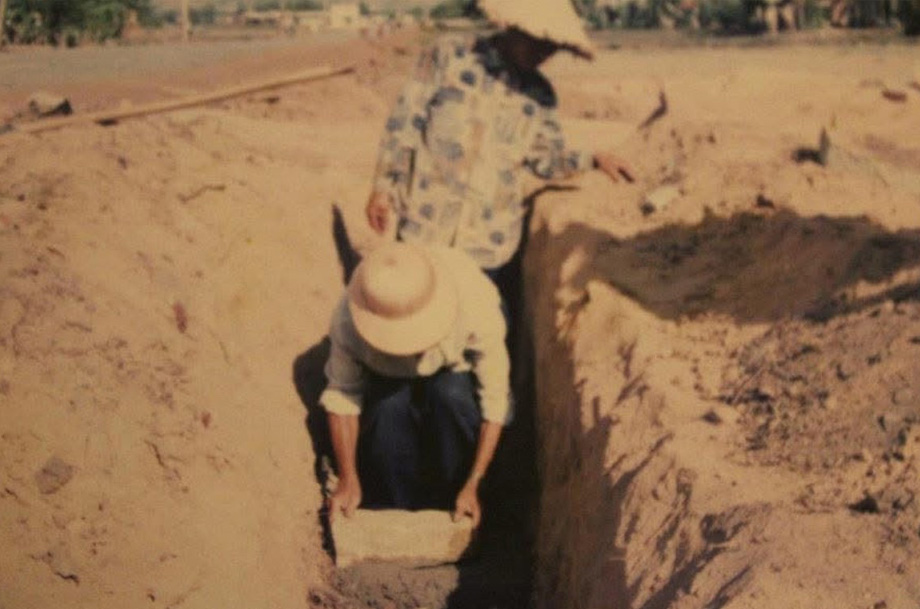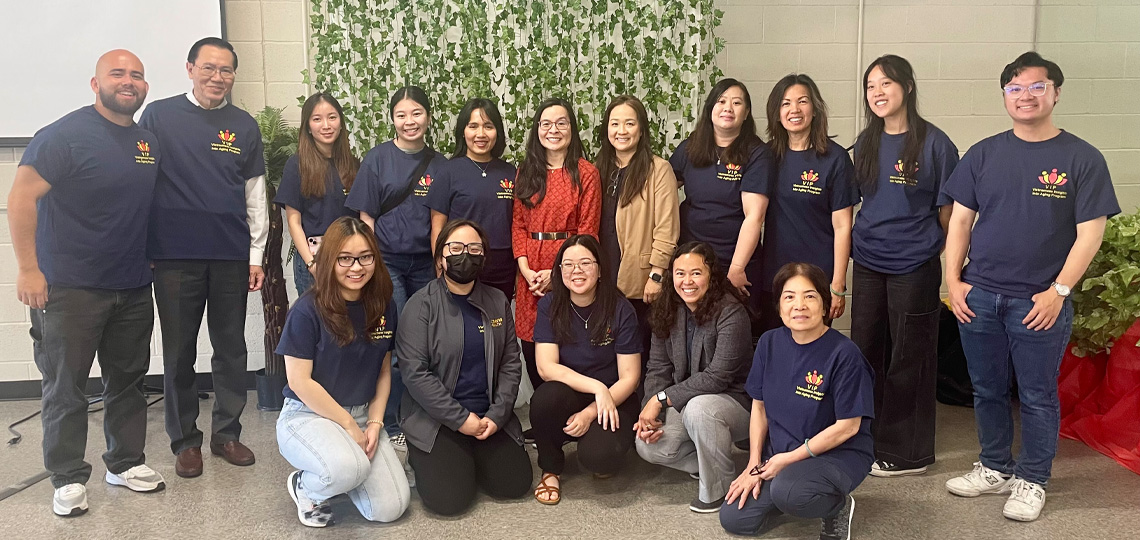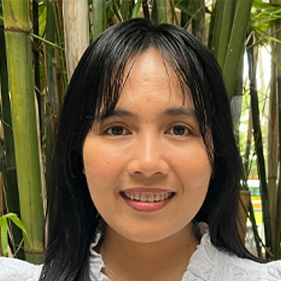As the United States this year reflects on the 50th anniversary of the end of the Vietnam War, researchers from UC Davis and UC San Francisco have uncovered major insight into the trauma and resilience of Vietnamese Americans who fled the conflict and moved to America.
The powerful and timely research highlights the deeply personal stories that Vietnamese Americans have hung onto for decades and has been overlooked in scientific literature.
More than 500 older Vietnamese Americans in the Sacramento region and Santa Clara County participated in the study led by researchers from the Vietnamese Insights into Cognitive Aging Program (VIP). Participants were over age 65 and endured multiple traumas tied to war, displacement and immigration.
Researchers at the onset knew they would hear about pain and adversity, but were surprised to find strong themes of resilience, resourcefulness and gratitude.
"We didn't go into the interviews expecting to hear about strength or positivity. That wasn't even asked. But so many participants brought up their own stories of luck, gratitude and resilience," said Uyen Vu, a lead researcher at UC Davis Health. "It made us realize that to understand how early trauma affects health later in life, we also need to look at how strength and resilience might help protect against those effects."
War trauma's affects on aging
The study —"War Trauma and Strength: A Qualitative Study of Participants in the Vietnamese Insights into Cognitive Aging Program" — was published recently in The Journals of Gerontology.
Vu is a postdoctoral scholar in the Diversity and Disparities Lab working under Oanh Meyer in the Department of Neurology. Vu says this research brought her closer to her father, who had only shared bits about his experiences a half century ago during the war.
Meyer, the senior author of the study, said personal experience also drives her passion for this research. Her 89-year-old mother, Anh Le, has dementia and possibly Alzheimer's disease. Le arrived in the U.S. in 1975 as a Vietnam War refugee.
"We read about the 'Boat People' experience, but to hear about it directly from those who lived it is incredible," said Meyer, who is also a research education leader in the UC Davis Alzheimer's Disease Research Center. "It gives us a very clear picture of how it felt to leave the only country you know and the risk people took in hopes of a better life."

Two sides of the story: pain and power
Participants shared searing memories of adversity and suffering, including:
- Life during war: Battle injuries, bombings and forced relocation.
- Imprisonment: Years in "re-education" camps, hard labor and surveillance post-release.
- Boat escapes: Hunger, pirates and death at sea.
- Refugee camps: Overcrowding, beatings and survival with limited food and water.
- Personal loss: Death of loved ones, loss of homes and stolen possessions.
Even amid hardship, many showed fortitude and gratitude, such as:
- Mental strength: Acceptance, endurance and the will to survive.
- Clever coping: Using skills, wit and resourcefulness to stay safe and provide for family.
- Thankfulness: Gratefulness for small mercies, such as surviving a sea crossing, a short prison term or a helping hand from strangers.
"Trauma can impact anyone, but resilience can help buffer those effects, especially as people age," Vu said. "That's why it's important for interventions to recognize and build on the resilience people already have, and in ways that are culturally appropriate and tailored to their background."
To understand how early trauma affects health later in life, we also need to look at how strength and resilience might help protect against those effects.- Uyen Vu, postdoctoral scholar
A human story with broader implications
Vietnamese Americans are the fourth-largest Asian subgroup in the U.S., yet little is known about how early trauma has shaped their aging experience. These stories uncovered in the research offer one of the most detailed looks at the civilian toll of the Vietnam War and refugee experience. This study, the authors stated, helps us understand how early trauma can affect brain health later in life.
But this study also found signs of strength, like resilience and gratitude, which could help protect the brain. By learning more about both trauma and how people cope, scientists can create better ways to support aging adults, especially those who've lived through major adversity.
"We know that early life hardships can lead to problems with physical, cognitive, and mental health later on, especially in older Vietnamese adults. Clinicians and providers can support these adults not just by monitoring for these risks, but also by encouraging strengths like gratitude and resilience that may help protect brain health," explained Meyer.

What's next
The findings will inform future phases of the VIP study, including deeper exploration into how early trauma and late-life resilience relate to cognitive aging and dementia risk.
VIP is a long-term research study to better understand brain health and aging in one of the country's most overlooked populations when it comes to trauma-informed aging research.
Researchers hope this work encourages more culturally responsive care and better support for aging immigrant and refugee populations, especially those who have lived through war, displacement or forced migration.







